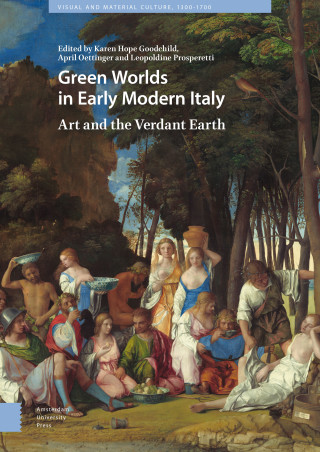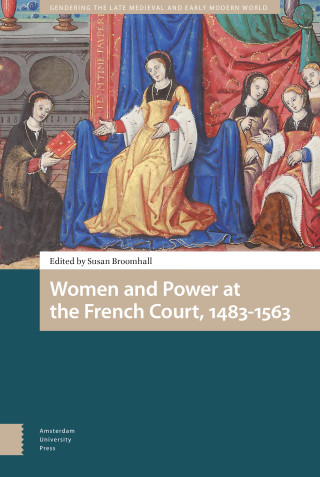This book examines Roman façades decorated with fresco and sgraffito between the fifteenth and sixteenth centuries that once enveloped the central rioni of Rome within a web of symbolic social, political, and familial allegiances that transformed a street-side stroll into a visually engaging experience. Today, many of these faces are lost, and our understanding of what they comprised is frighteningly incomplete. This book offers a refreshed look at this often-forgotten facet of Renaissance visual culture to reignite interest in the tradition before its last remnants disappear. In addition to offering a new compilation of these documented façades, this book also places new emphasis on the making and meaning of these “painted faces” to provide new insights into the place of the decorated façade at the intersections of patron identity and painterly innovation in a city working tirelessly to reinvent itself.





